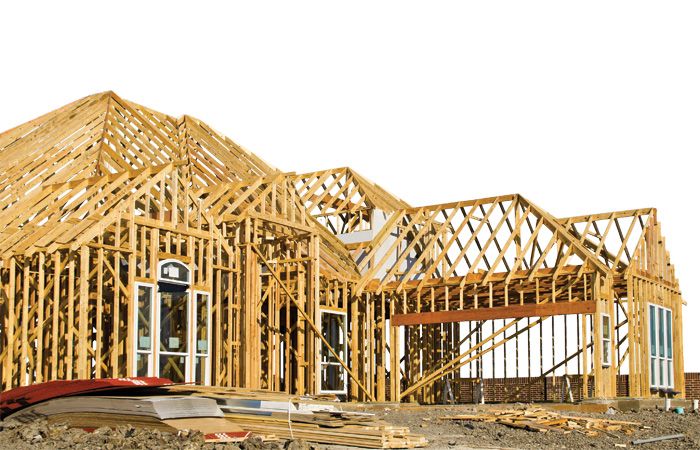
Off-plan property sales fell last year as the “post-pandemic space race” was tempered by the 3 per cent stamp duty surcharge introduced in 2016.
These types of sales — where flats or houses are bought before or during construction — accounted for 33 per cent of new home completions last year, according to Hamptons Off-Plan Sales Index launched today.
This compares to 35 per cent in 2019, despite the stamp duty holiday introduced by chancellor Rishi Sunak last July, which ends on 31 March.
The report says the share of new homes in England and Wales sold off-plan has been steadily falling since its peak in 2016, when 39 per cent, or 69,000, new homes completed were sold off-plan. Last year 49,000 homes were bought off-plan.
Last year’s decline saw fewer flats, but more houses sold in this way. The share of flat completions sold off-plan fell from 58 per cent in 2019 to 50 per cent in 2020, while the share of off-plan house completions rose from 29 per cent in 2019 to 30 per cent last year.
Historically, more new homes have been sold off-plan in London than elsewhere in the country.
Last year, 52 per cent of new homes completed in the capital last year were sold in advance of completion. Flats accounted for between 90 per cent to 95 per cent of total new home sales in London.
By contrast, new build homes in the South West and Yorkshire and Humber were least likely to be sold off-plan, with just 22 per cent of 2020 completions bought before the end of construction.
Hamptons senior analyst David Fell says: “Securing off-plan sales is fundamental to the health and profitability of most new developments. By selling some homes before they are built, developers can reduce the sales period and generate an income before the scheme is complete, often using the money to fund ongoing works and repay loans.”
He adds: “While overall fewer new homes were sold off-plan last year than in 2019, there was an increase in houses sold off-plan. The post-pandemic space race which has driven country markets, has also fuelled off-plan house sales. Owner-occupiers have proved increasingly likely to commit to a house off-plan, although typically this tends to be months rather than years before completion.
“The introduction of the 3 per cent stamp duty surcharge in 2016 proved a tipping point. Since then, fewer homes have been sold off-plan. Typically investors are more likely to commit to buying a home during or pre-construction than any other buyer type but with fewer investors in the market, it has become harder to sell homes off-plan. However Help to Buy has softened this blow, with around four in ten new homes sold using the scheme.”



